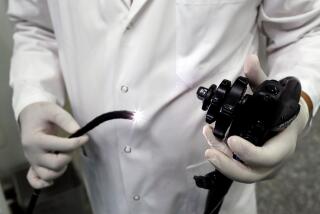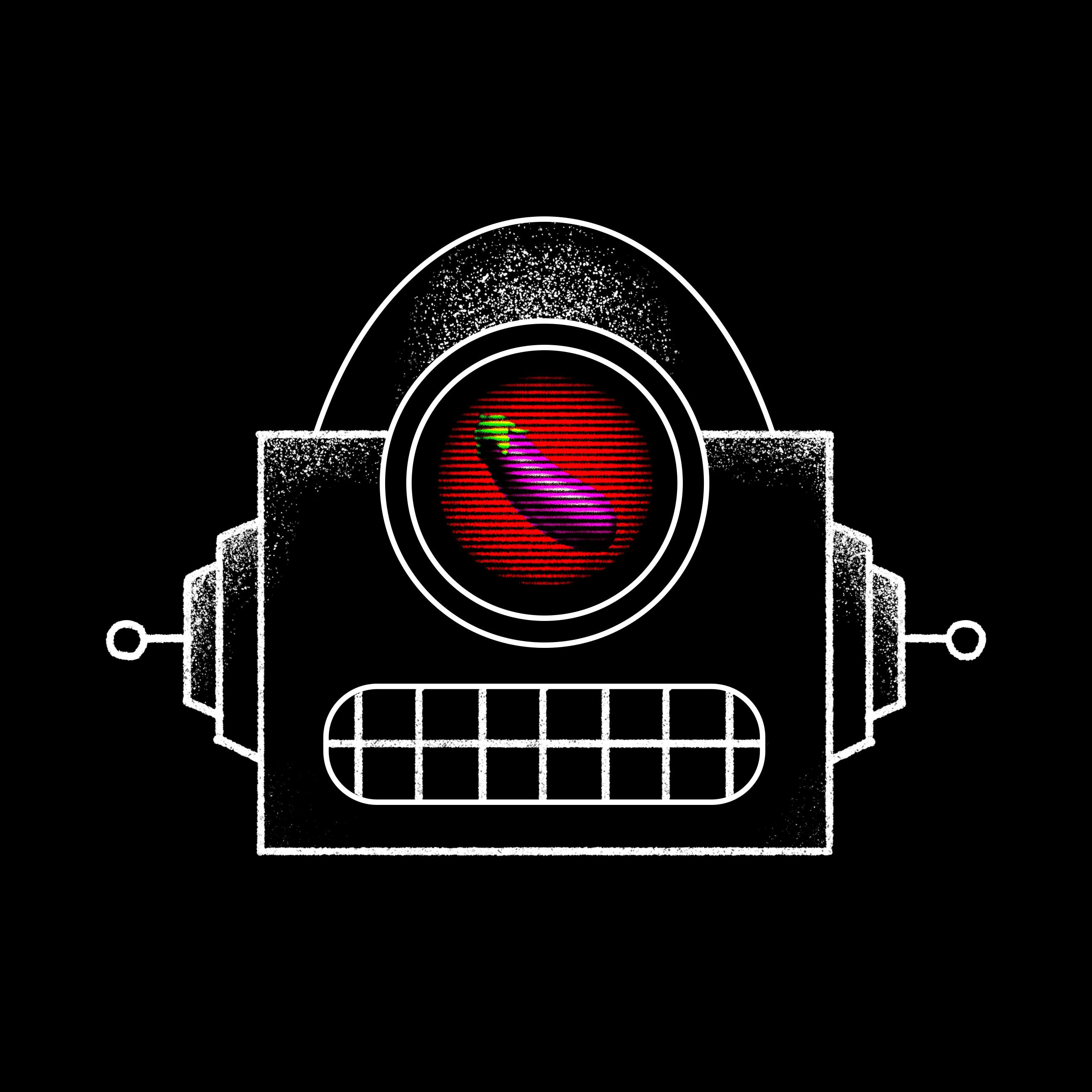Point, click and diagnose?
DR. Hangwi Tang was explaining what he knew thus far about the blood clot suffered by his patient, a 16-year-old water polo player. Tang went on to say he wasn’t yet sure what caused it when the boy’s father blurted out: “But of course he has Paget-von Schrotter syndrome,” and then went on to describe the disease and suggest a course of treatment. The father -- who had Googled the symptoms and was prepared with a mini-tutorial -- was in fact correct.
It got Tang wondering: Just how good is Google? And if his patient’s father had become so quickly well-informed, should Googling become a serious part of a physician’s search for answers?
So Tang, a sleep specialist, and Dr. Jennifer Hwee Kwoon Ng, a rheumatologist, both at Princess Alexandra Hospital in Brisbane, Australia, put the Internet search engine’s diagnostic abilities to the test.
They examined one year’s worth of case records published in the New England Journal of Medicine, without looking at the correct diagnoses. After they selected three to five search terms from the studies, Google came up with information that enabled the doctors to make the correct diagnoses, ones that matched what the journal had concluded in 58% of the cases. The computer got lymphoma and acute chest syndrome right, for example, but thought West Nile fever was graft versus host disease.
Search engines are good additional tools for doctors, Tang concluded. But they’re no substitute for genuine diagnostic ability. He worries that the results of the experiment will be oversimplified and that people will think an Internet search is as good as a consultation with a doctor.
“Some have misinterpreted our paper as advocating the use of Google as a main tool in diagnosis,” Tang says.
A quick Google search soon after the release of the study, “Googling for a Diagnosis,” in the November online British Medical Journal, shows he may have some cause for concern. Amid growing interest in how physicians use the Internet, some comments posted on health blogs and websites after the study came out suggested that search engines are as good as doctors, one even saying they are “a better diagnostic tool than the stethoscope.”
What some in the blogosphere missed, Tang says, is that the Internet is particularly useful in the hands of a physician or other healthcare experts. “Clinicians have a better handle on which symptoms are unusual and for the technical terms for the symptoms,” he says. The more precise the search terms, the more accurate the diagnosis. “Also, there’s a lot of rubbish on the Web, and an expert can weed that out quickly.”
For example, a letter published in the Nov. 10, 2005, New England Journal of Medicine described how a physician, Dr. Robert Greenwald, a rheumatologist with the North Shore-Long Island Jewish Health System, wrote that a research fellow correctly diagnosed a rare syndrome known as IPEX, or immunodeficiency polyendocrinopathy enteropathy X-linked. The diagnosis had stumped other physicians. The research fellow typed in search terms based on test results, and the answer popped up. The diagnosis was later confirmed by genetic testing. Those without medical training probably would never have stumbled on this disease -- or they would diagnose it far more often than it actually occurs. The majority of patients have classic symptoms and test results that lead to straightforward diagnoses, such as pneumonia, lung cancer or sleep apnea. But sometimes the illness is a mystery, even to the best medical minds.
“In cases of mystery illness, doctors usually discuss it with other doctors,” Tang says. “We may use PubMed or Medline, or go to the library. We are advocating using the Web as another resource.”
And one that still has to prove itself better than a stethoscope, or any other medical tool currently available. “At the moment, Web searching is not great,” he says. “You would be upset if your doctor only got it correct 58% of the time. However, if one uses the Web critically, there is no harm in seeing if a rare combination of symptoms have been reported before.”






